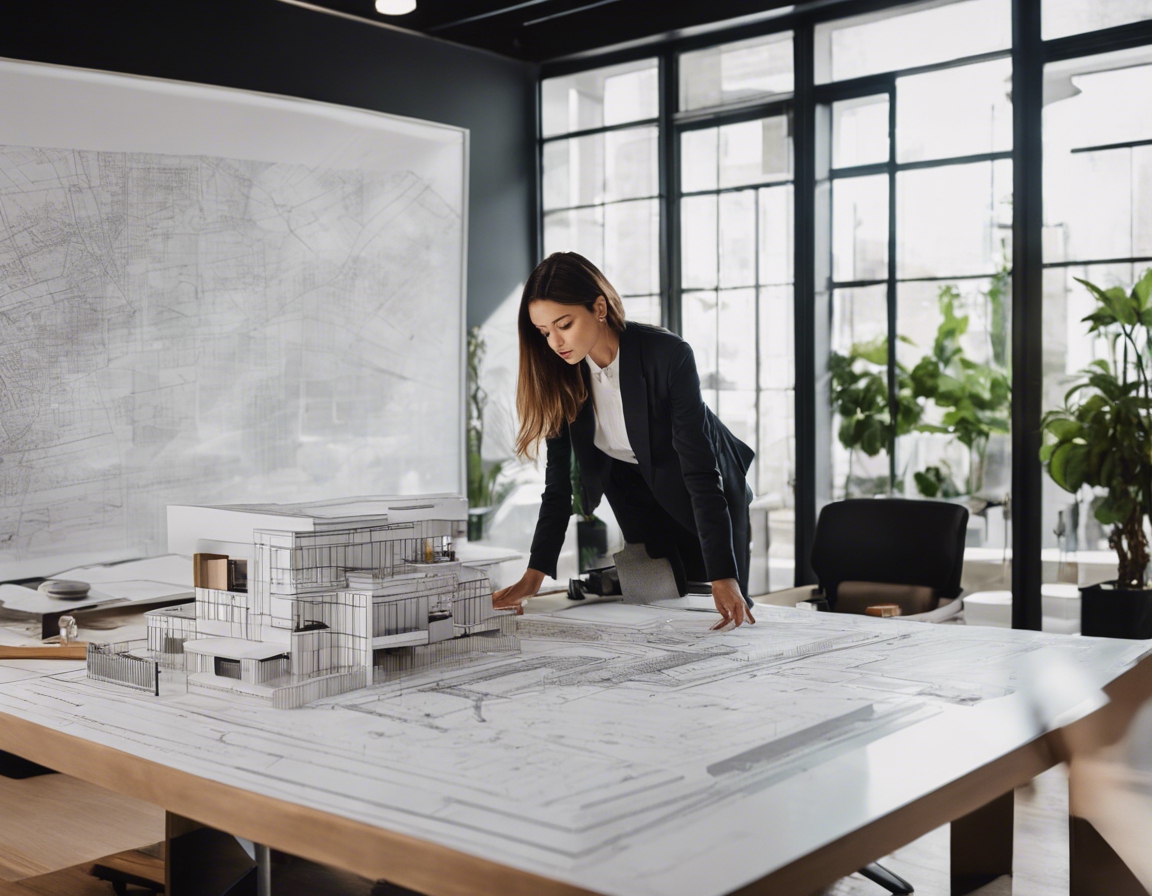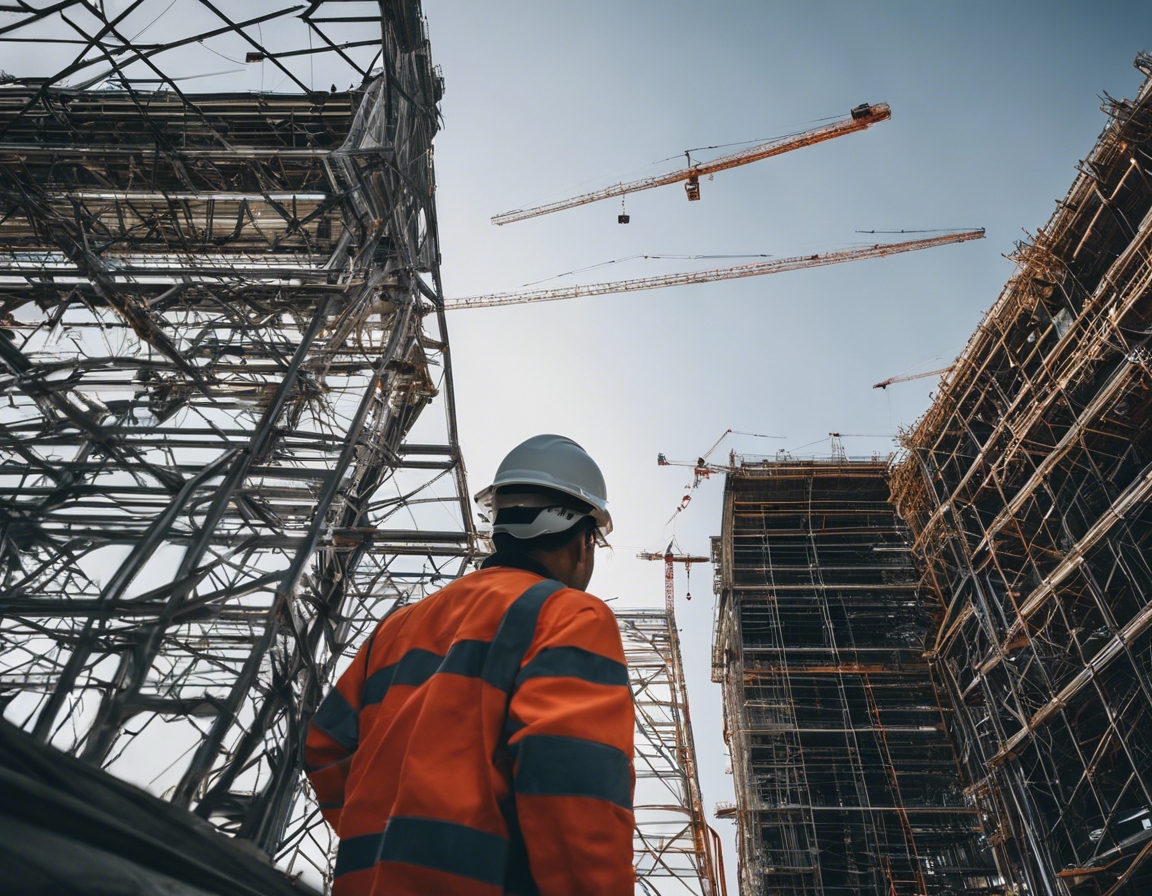The future of sustainable construction
Sustainable construction refers to the adoption of building practices that are environmentally responsible and resource-efficient throughout a building's life cycle, from siting to design, construction, operation, maintenance, renovation, and deconstruction. This concept is not just about reducing the environmental impact but also about ensuring economic viability and social equity.
The construction industry is a significant contributor to environmental degradation, making the shift towards sustainability imperative. By embracing sustainable construction, the industry can reduce its carbon footprint, conserve natural resources, and create healthier environments for occupants, all while addressing the pressing issue of climate change.
Emerging Trends in Sustainable Construction
Materials such as bamboo, recycled plastic, and self-healing concrete are revolutionizing the construction industry. These materials are not only environmentally friendly but also offer enhanced durability and efficiency.
Standards like LEED, BREEAM, and WELL are setting the bar for sustainable construction practices, encouraging developers to meet and exceed these benchmarks for better building performance and occupant well-being.
Energy-efficient building designs and the integration of renewable energy sources like solar and wind power are becoming more prevalent, reducing reliance on fossil fuels and lowering operational costs.
Water-saving fixtures, rainwater harvesting systems, and efficient irrigation practices are being implemented to minimize water usage in buildings and landscapes.
Technological Advancements Shaping Sustainable Construction
BIM technology allows for more accurate planning and efficient building management, reducing waste and improving collaboration among stakeholders.
3D printing is enabling the creation of complex building components with minimal waste, and the potential for recycling materials directly on-site.
Smart buildings equipped with IoT devices can optimize energy consumption, enhance security, and provide data-driven insights for better building management.
Challenges and Opportunities
Despite the clear benefits, there are challenges such as higher upfront costs, lack of awareness, and resistance to change that must be addressed to fully embrace sustainable construction.
Government incentives, subsidies, and regulations can play a pivotal role in promoting sustainable construction practices and making them more financially viable for developers.
Collaboration among architects, engineers, contractors, and policymakers is crucial for the widespread adoption of sustainable construction methods and for driving innovation in the industry.






Comments (0)